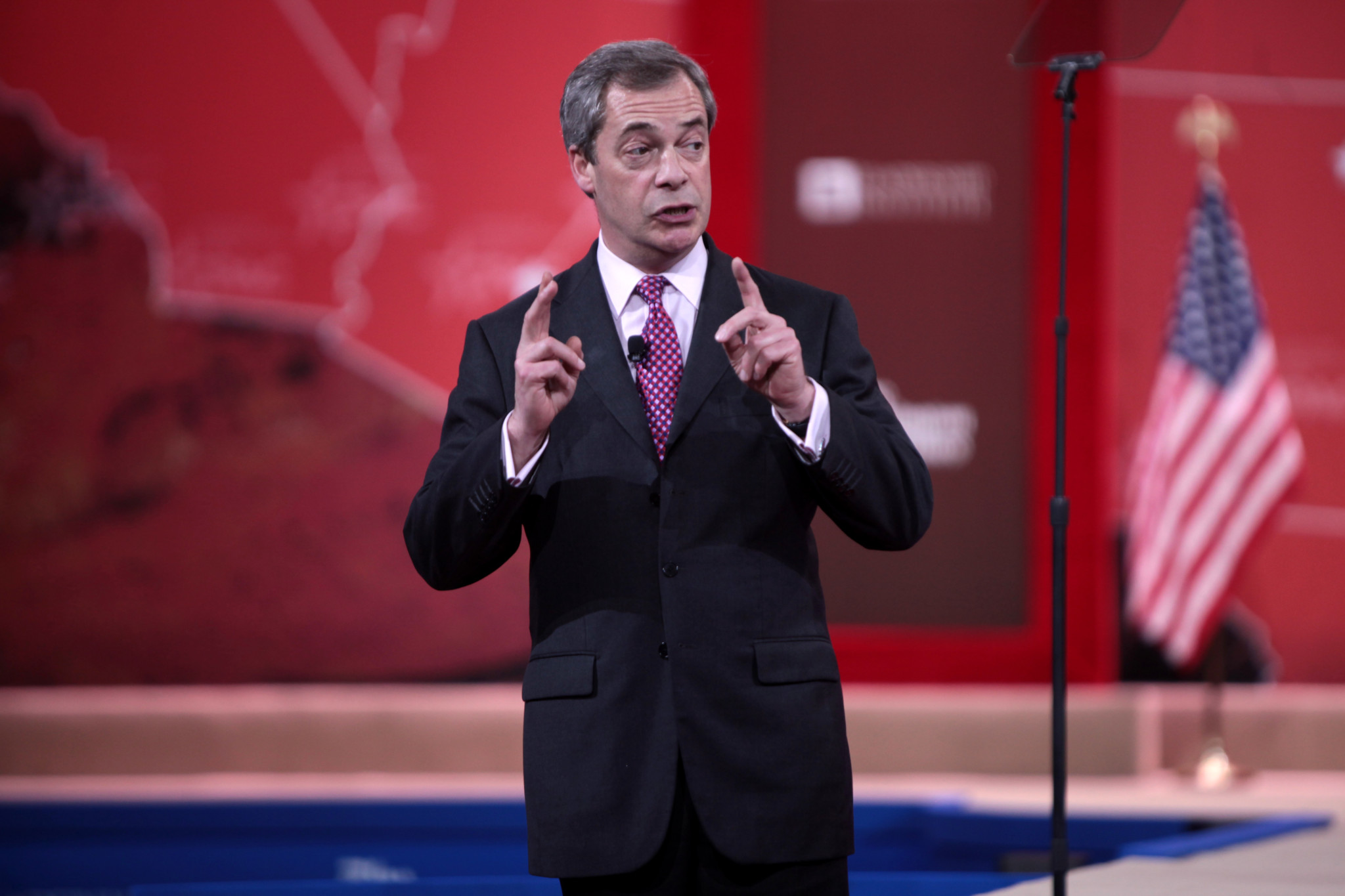In the EU referendum in June and now in the American presidential election, the ‘voice of the voiceless’ has been heard loud and clear, making this a truly exceptional year for both British and American politics.
Prior to this, for three decades the Anglo-American working class had been largely ignored by a Transatlantic political elite; especially those sections of the working class – white, male and semi-skilled – employed in manufacturing industries which have been largely evacuated from the UK and USA during this same period.
This section of the electorate, previously ignored because of its much diminished economic value, cast the crucial vote for Brexit and against Hillary Clinton, the Washington insider. After languishing for years in the American rustbelt or the de-industrialised districts of the North of England, the white, male, semi-skilled worker is suddenly the spectre haunting the corridors of power in Westminster and the White House. But what haunts me is that beneficiaries of this anti-establishment vote such as Nigel Farage and president-elect Donald Trump, themselves played a prominent role in the globalisation process which wrecked the lives of many of the people who voted for them.
Apart from Boris Johnson, Nigel Farage was the face of Brexit in the run-up to the June referendum. He was widely seen as a man of the people, enjoying a pint in the pub and telling it straight. However, before joining the political fray in the 1990s, in his previous career Farage, the son of a stockbroker, had himself been a stockbroker. As a City trader, he was in his prime during the Big Bang of 1986, when the de-regulation of financial services initiated the re-configuation of Britain’s economy around around City-type activity and away from traditional manufacturing. When Britain was de-industrialised, in other words, prime minister Margaret Thatcher led the political offensive but the likes of Farage and Co fixed the complementary process of economic change – the same process which left significant sections of the British working class without a role in the newly globalised economy.
It’s much the same story on the other side of the Atlantic. President-elect Donald Trump has been a property magnate and reality TV star, with a fortune estimated at $3.7 billion. Like Farage, only much more so, Trump is a child of the first boom in City-type activity during the 1980s, when wheeling and dealing, mergers and acquisitions, first became as important in ‘property development’ as buying land and constructing buildings. And this kind of financial activity is where the money went to after it was removed from the rustbelt. In this respect, Trump and a whole generation of financiers built their fortune on the decline of American manufacturing. Yet Trump succeeded in selling himself to the very people who found themselves abandoned as waste products of economic change.
The tragic irony in these situations, is that the semi-skilled, white working class who played the decisive role in bringing in Trump and voting for Brexit, are the ones who have been most negatively affected by structural change in the economy since the 1980s. And before they entered politics as champions of the semi-skilled, white working class, who were the agents of this change? Step forward Farage, Trump and their City chums.
Photo of Nigel Farage by Gage Skidmore is used under Creative Commons license




